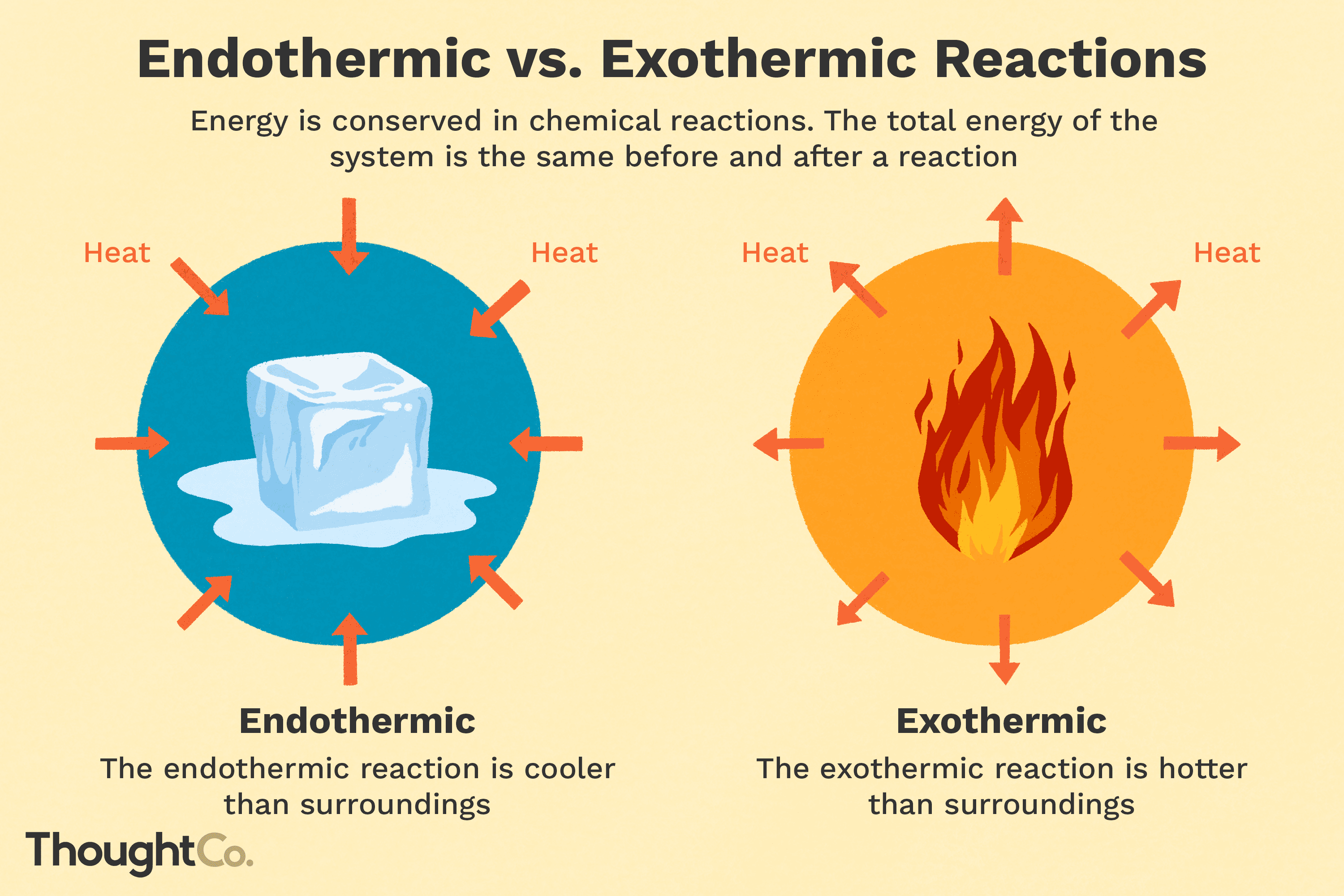Term 2 - Weeks 3+4
Section outline
-
Success Criteria
Research and investigate chemicals and chemical reactions to justify whether you believe a country should invest in nuclear energy.
Learning Outcomes1) Draw and label simple electron diagrams
2) Define and compare endothermic and exothermic reactions
3) Collect data to describe the effects of chemical reactions that are similar to what happens in a nuclear reactor
4) Understand the significance of many scientists and their ideas/theories and how they all are linked
5) Extension: Ionic and covalent bonding and how these are used to form molecules and compounds
Activities
Practical
Using molymods to compare elements with compounds
Endothermic and exothermic reactions - refer to Google Classroom for the instructions and template
Endothermic -- the reaction will feel cool (it is bringing in heat energy)
Exothermic -- the reaction will feel hot (it is releasing heat energy)

In-class activities
Atoms family activity - refer to Google Classroom
Education Perfect
None these weeks
Science Literacy
You will be working in partners in the library to gather information on varies aspect of chemistry and nuclear power plants. All the information will fit together like a puzzle.
- Marie Curie + radioactivity
- Nuclear energy
- Chernobyl
- Nuclear power plants (in basic terms how they work)
-
EXPLORE / TŪHURA learning intentions:
- We are EXPLORING... disasters in science by researching major events (eg. Chernobyl, Fukushima, Beirut)
- We are EXPLORING... disasters by experimenting and observing signs of chemical reactions so we can identify when a chemical reaction has occurred in society
- We are EXPLORING... lab safety so we interpret hazard symbols so we safely work with chemicals
